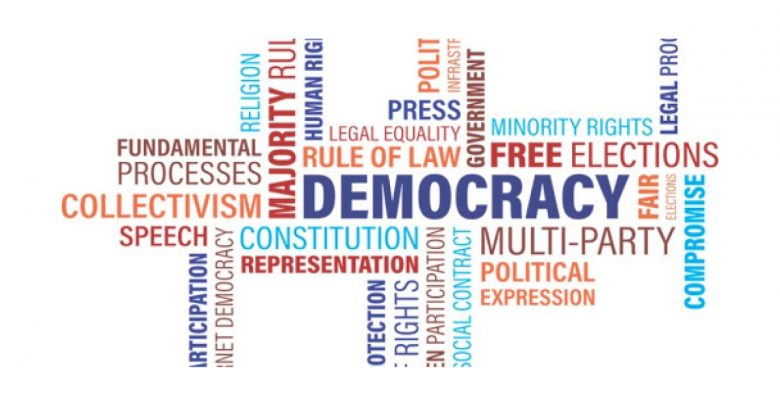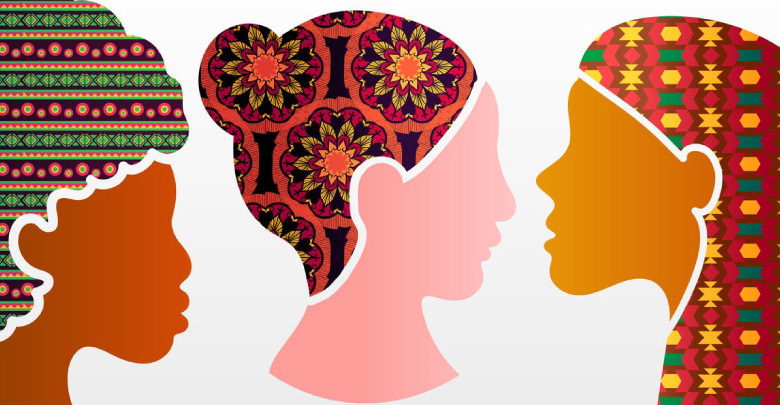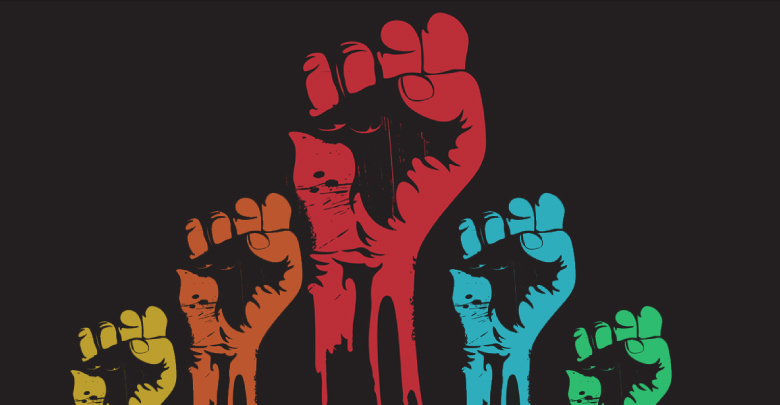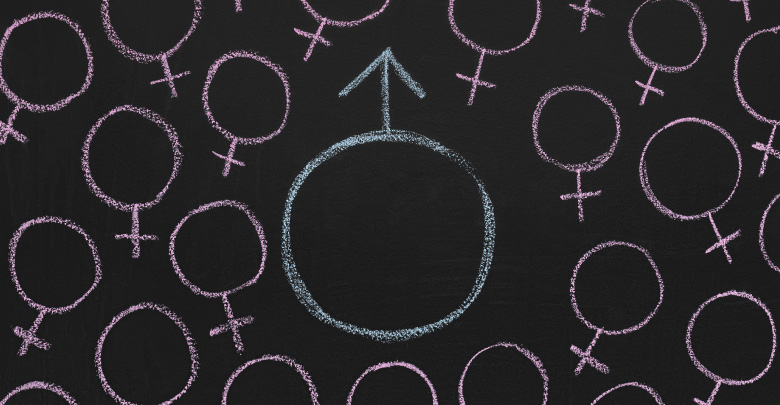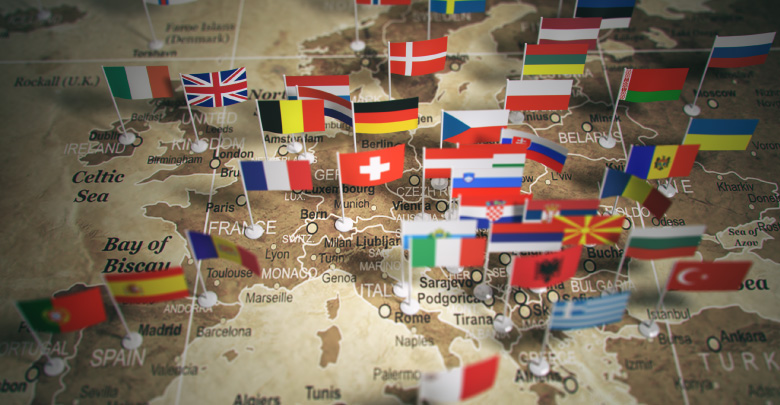Applying democracy and human rights principles
Applying democracy and human rights principles
-
The pillars of Modern Democratic rules are: Citizen participation, equality, political tolerance, accountability, transparency, regular, free and fair elections, economic freedom, control of the abuse of power, bill of rights, a culture of accepting the results of elections, Human rights, multi-party system, neutrality of state institutions, Rule of law.[1] Quality and effective regular, free and fair elections consist of two…
Read More » -
TALKING ABOUT IDENTITY Start the topic by opening the question of Identity. Who am I? What am I? Identity is like culture, there are many aspects to it, some hidden some visible. One way of looking at this could be to imagine yourself as an onion (even if you don’t like to eat them). Each layer corresponds to a different…
Read More » -
The purpose of the quiz is not to test one’s knowledge, but to enhance their understanding of human rights actively. Firstly, go through the list of Rights and see whether you are familiar, have heard of them. Afterward, the activity N.2 offers the possibility to evaluate your understanding and the concept of human rights. Individually, in small groups (or in…
Read More » -
From Multicultural to Intercultural Societies At first sight, the terms “Multicultural Society” and “Intercultural Society” seem to be similar but they are not synonyms. So, how do we tell the difference between the two? First, try to give your personal explanation and understanding of these two terms. I believe that multicultural society is ____________________________________________________________________________________________________________________________________________________________________________________________________________________________________________ Whereas intercultural society represents ____________________________________________________________________________________________________________________________________________________________________________________________________________________________________________ Now…
Read More » -
Imagine you have a group of learners coming from different countries. The procedure of this exercise would be: Explain. Explain that learners will be working closely together, so they must get to know one another. This icebreaker will help them get acquainted using a human rights perspective. Distribute. Distribute a copy of Handout: Human Rights Mixer to each participant and…
Read More » -
Q: What are Human Rights? ANSWER: Human rights are standards that allow all people to live with dignity, freedom, equality, justice, and peace. Every person has these rights simply because they are human beings. They are guaranteed to everyone without distinction of any kind, such as race, color, sex, language, religion, political or other opinions, national or social origin, property,…
Read More » -
As leadership expert Warren Bennis once stated, “leadership is the capacity to translate vision into reality.” Leadership means different things to different people around the world, and different things in different situations. For example, it could relate to community leadership, religious leadership, political leadership, and leadership of campaigning groups. The words “leader” and “leadership” are often used incorrectly to describe…
Read More » -
The civil rights movement in the USA during the 50s and 60s was about ending racial discrimination and segregation; it was about having equal rights between the black and the white people. The happy ending of this event was the start of writing a different history, the start of social justice. The movie Selma, 2015 by Ava Duvernay, is a…
Read More » -
According to the UN: In 18 countries, husbands can legally prevent their wives from working; in 39 countries, daughters and sons do not have equal inheritance rights; and 49 countries lack laws protecting women from domestic violence. In 46 countries, women now hold more than 30 percent of seats in the national parliament in at least one chamber. Only 52…
Read More » -
Interest in the political life of society is a stepping stone to involvement in community life and vice versa. An interest in politics stimulates an individual to become informed about how the policy-making process works, what the opinions of different stakeholders are, and what means of participation are available. This article makes an overview of the “participation” part of the…
Read More »
